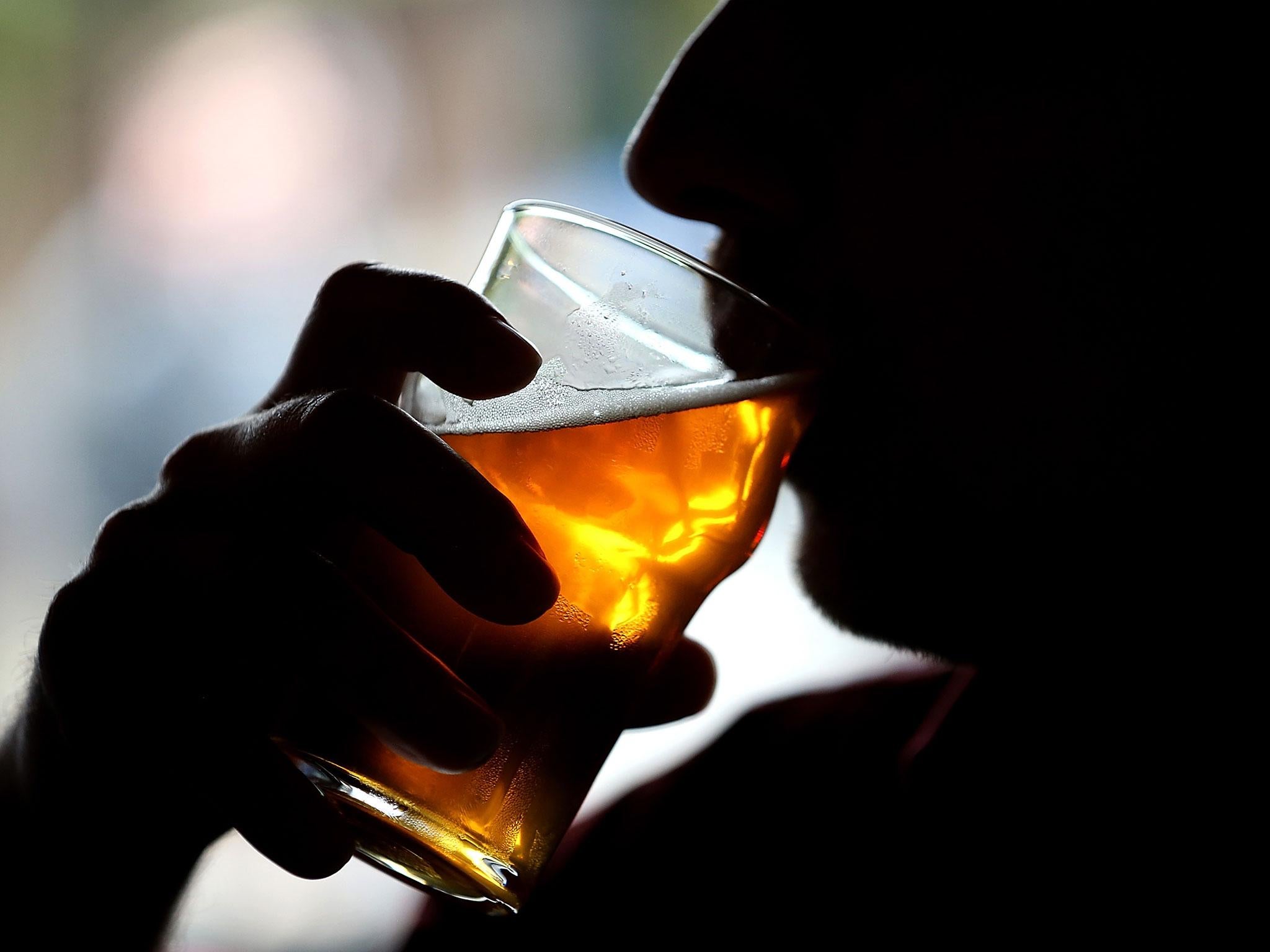Nearly 100 teenagers made homeless each day due to alcoholic parents, finds study
Alcohol abuse among adults damaging lives of 700,000 teenagers in UK, says Children's Society

Your support helps us to tell the story
From reproductive rights to climate change to Big Tech, The Independent is on the ground when the story is developing. Whether it's investigating the financials of Elon Musk's pro-Trump PAC or producing our latest documentary, 'The A Word', which shines a light on the American women fighting for reproductive rights, we know how important it is to parse out the facts from the messaging.
At such a critical moment in US history, we need reporters on the ground. Your donation allows us to keep sending journalists to speak to both sides of the story.
The Independent is trusted by Americans across the entire political spectrum. And unlike many other quality news outlets, we choose not to lock Americans out of our reporting and analysis with paywalls. We believe quality journalism should be available to everyone, paid for by those who can afford it.
Your support makes all the difference.Nearly 100 teenagers are made homeless each day in the UK as a result of alcohol abuse by their parents, research shows.
Alcohol abuse among adults is damaging the lives of an estimated 700,000 teenagers across the UK, with one in four of these having been homeless in the last five years as a result – amounting to 96 per day, according to a study by The Children's Society.
The charity is now warning that as demand for council children’s services rises, cuts to local authority budgets are leaving a growing number of children struggling to deal with problems that stem from living in homes where alcohol or drugs are being misused.
The research, which surveyed 3,000 families with children aged 10-17, also found that two in five affected teenagers have lived with domestic violence, while for three in five the same parent is also suffering from depression or anxiety.
It showed that, overall, more than 1.6 million teenagers have a parent with depression or anxiety and 1.7 million teenagers are living in homes struggling with problem debt.
Adult mental health problems (59 per cent) and longstanding illness or disability (44 per cent) were also commonplace in these homes, indicating that adults may be self-medicating with alcohol to cope.
It comes a day after the Office for National Statistics (ONS) revealed that 7,327 people died in the UK last year as a direct result of abusing alcohol – a “significantly higher” figure than that for 2001.
In light of this, UK Addiction Treatment Centres (UKAT), one of the country's largest rehabilitation facilitators, revealed that it has seen a 30 per cent rise in the number of patients being admitted to their centres for residential detoxification and rehabilitation for alcohol addiction this year compared with 2016.
In light of the Children’s Society's findings, chief executive Matthew Reed said: “Millions of teenagers in the UK are suffering in silence with problems that would floor an adult. The hundreds of thousands of children whose parent has a drinking problem are sadly just the tip of the iceberg of children in desperate need of support."
The analysis demonstrates that the problems teenagers face are rarely standalone, but interwoven with other serious issues, with almost a quarter (23 per cent) of teenagers from homes plagued by alcohol misuse also taking on caring responsibilities at home.
The charity is now calling on the Government to urgently address the £2bn funding gap for local council children’s services, arguing that "severe funding cuts" from central government, coupled with growing demand for council children’s services, is leaving children at risk as families reach "crisis point".
Mr Reed added: “Specialist services working with families to combat problem drinking, support for teenagers whose parent has mental ill health, or safe spaces for them to go when pressures at home mount, are becoming ever harder to find.
“Without support at an early stage as problems emerge, these families can quickly reach crisis point and the risks for the children involved grow.”
Eytan Alexander, founder of UKAT, said that, in light of the recent ONS stats, alcohol misuse is continuing to rise in areas of deprivation, and warned that cuts to council budgets were to blame.
“The fundamental issue here is that alcohol addiction and death by alcohol misuse continues to rise in those areas of deprivation and will continue to do so until people start to understand and act upon their symptoms of dependency,” he said.
“It simply boils down to both education and monetary budgets. The alarming correlation between the real term cut to council budgets, in areas of deprivation, and the rise in alcohol related deaths across the country needs to be addressed and this vicious cycle needs to end.”
Responding to the Children's Society findings, a Department of Health spokesperson said: “For many, enjoying a drink responsibly is part of their social lives and the UK Chief Medical Officers’ guidelines help adults make informed choices and reduce any health risks.
“Although alcohol related deaths remain stable, we are acutely aware of the impact that some adults’ drinking can have. That’s why we are looking at what further support we can provide to families to tackle alcohol harms.”
Join our commenting forum
Join thought-provoking conversations, follow other Independent readers and see their replies
Comments